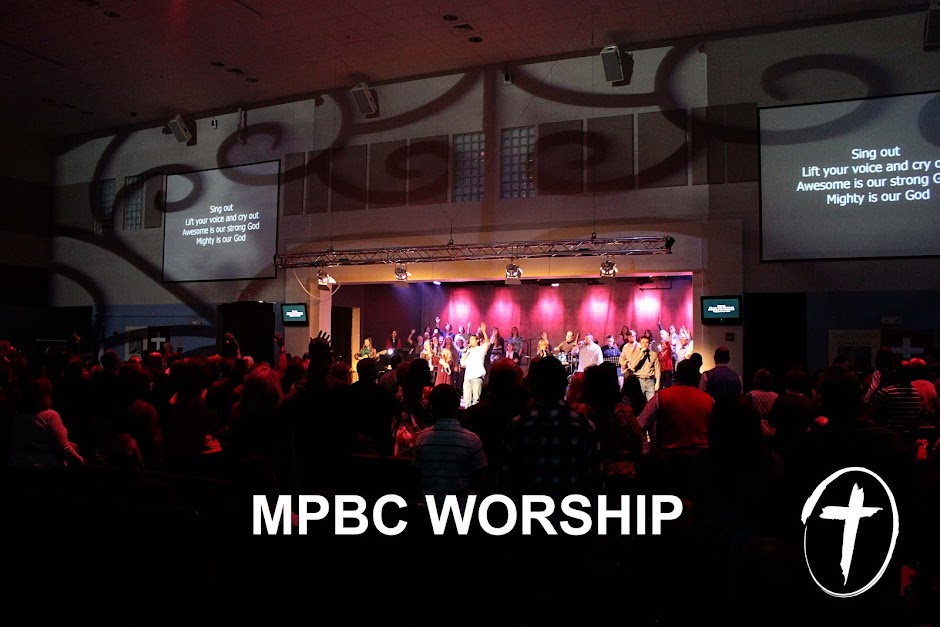Here is a blog
that I read several months ago by Ben Giselbach. I wanted to share it because
it really spoke to me about worship and how it is not an end to itself. You can
read more of his blogs at plainsimplefaith.com.
Pam
When Worship Is
Worthless
by Ben on June
5, 2013 in Worship
Brother Johnson
comes to church every Sunday and hasn’t missed a service for the past 50 years.
Yet, he is very materialistic and is stingy in his contribution to the Church.
He usually comes to the midweek Bible study, too, unless he hears about an
estate auction he wants to attend.
Brother Williams,
in addition to being a faithful church attendee, is recognized as an avid
student of the Bible. He prays and has devotionals with his wife and children
every night. But he’s insensitive, cold-hearted, and has reputation for having
a short fuse if anyone, especially a family member, angers him.
Sister Smith
looks forward to church all week long. She wouldn’t dream of missing a service.
And boy does she enjoy those old Gospel hymns! But everyone knows she is a
constant gossiper. Several have been deeply hurt by her vicious words.
What’s wrong with
these pictures? How can some Christians be so religious – both publicly
and privately – while being so unlike Christ?
The problem with
these Christians is this: their worship has become an end in itself. They
are no different from the ancient Jewish leaders who loved to worship and tithe
“mint and dill and cumin” (Matt. 23:23). They are very religious, but are far
from holy. They have forgotten the very things worship is supposed to cultivate
in the heart: justice, mercy, faith, and humility (Matt. 23:23; Luke
18:13). God rejects their worship, just as He rejected the worship of the
hypocritical Jews (Amos 5:21-24; Micah 6:6-8). Though they are religious,
their hearts are far from Christ (Matt. 15:8). Their worship is worthless.
Many are under
the illusion that worship is what makes them Christians. And thus they go to
church, week after week, year after
year, unchanged and unaffected. They realize, after all, that
Christians have the obligation to be faithful in attendance (Heb. 10:24-25).
But they leave the church building with the same self-centeredness,
indifference, pride, and materialistic mindset they had when they entered.
Are you suffering
from this spiritual disease? Note some of the symptoms:
1. Inconsistency.
Many compartmentalize their beliefs and habits. They fail to put to practice
what they say and teach. For example, some worship God in song and prayer on
Sunday, but turn around and gossip about their fellow man (cf. Jas. 3:9).
Some feel very strongly about attending church and engaging in the Lord’s
Supper with the brethren (cf. 1 Cor. 11:17-33), but immediately after
service deal harshly their family.
2. A
‘holier-than-thou’ attitude. Do you feel like you have God’s favor because you
regularly attend worship or because you regularly read your Bible? Do you
compare your faith to others instead of God’s Word (Jas. 1:22-25)? If so,
you’re no different than the Pharisee in Luke 18:9-12 who “treated
others with contempt.”
3. Misplaced
confidence in worship. Are you dishonest, lazy, and materialistic? Do you
acknowledge these things, but justify them by saying, “I know I sin, but at
least I worship regularly”? Some wink at their sin because they have fooled
themselves into thinking that their worship “covers a multitude of sins.” Never
mind about “walking in the light,” they think, so long as they are “walking to
church.”
When worship
becomes an end in itself, worship is vain. We may be worshipping correctly, but
we are not worshipping “in spirit and in truth” (John 4:24). True worship
should do something to us. It should make us different people. “As He Who
called you is holy, you also be holy in all your conduct” (1 Pet.
1:15). True worship should always lead us to holy living.
What are some
ways to help people who are suffering from this spiritual disease?


No comments:
Post a Comment